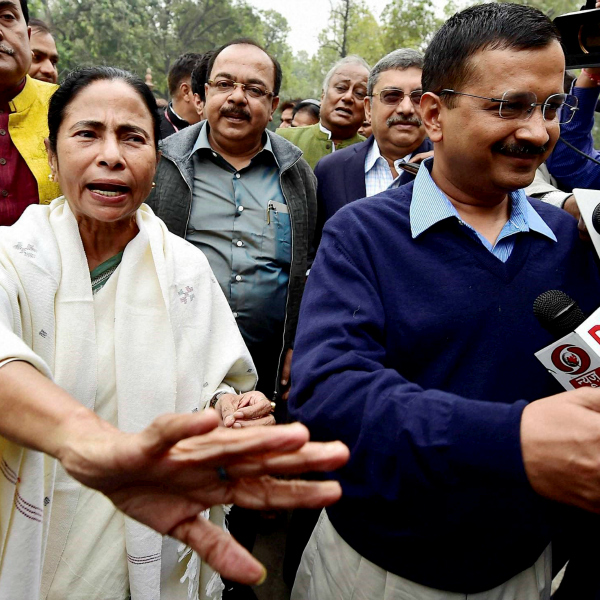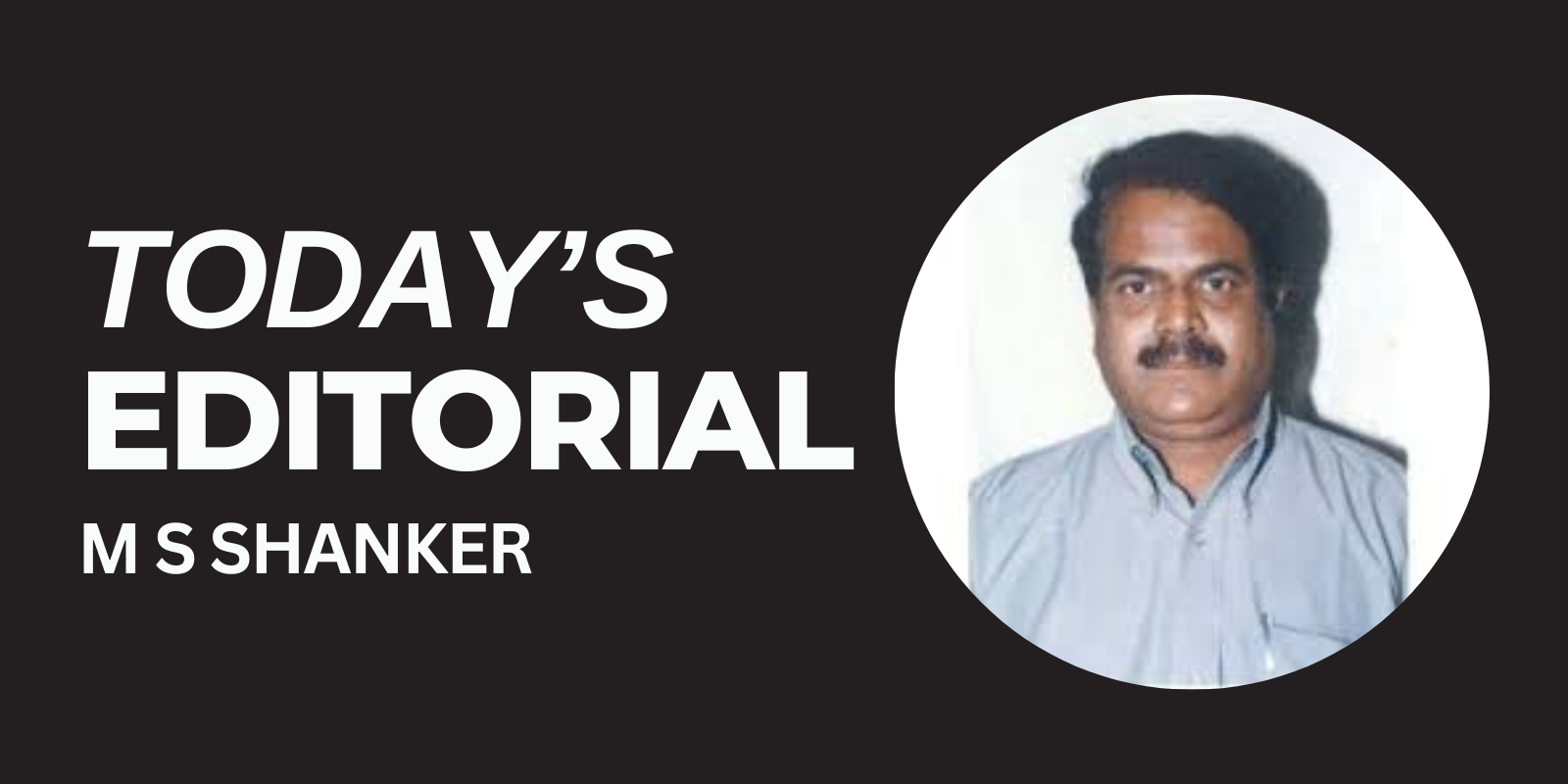In a recent controversy, senior citizens in West Bengal and Delhi find themselves denied access to the Ayushman Bharat health scheme, which the Indian government designed to provide a critical healthcare safety net. Ayushman Bharat offers up to Rs 5 lakh in health coverage per individual, particularly benefiting the elderly who often face health challenges and limited family support. It is also considered as the world biggest health scheme. This scheme, however, is not being implemented in West Bengal, led by the TMC, or Delhi, governed by the AAP. This decision has sparked a debate over whether these states are violating the federal principles of India by blocking a beneficial national scheme. Ayushman Bharat has been widely recognized for its potential to ease the burden of healthcare costs, especially for vulnerable senior citizens. In today’s fast-paced world, many seniors struggle with health issues without support, as families juggle personal commitments and economic pressures. The scheme’s universal approach promises support regardless of past affiliations with state or central government positions, aiming to benefit all citizens equally. The refusal of West Bengal and Delhi to implement Ayushman Bharat raises questions about the motivation behind this decision. This isn’t merely a pre-election strategy—the scheme has been prepared for imminent rollout after extensive planning. By withholding access to Ayushman Bharat, these states deny healthcare support to seniors who have limited means to seek help elsewhere, a group estimated to constitute around 8–10% of the population in these states. Many wonder: Why would the states choose to block a program specifically designed to address the urgent healthcare needs of aging citizens?
The Constitution of India lays out a federal framework where both the central and state governments collaborate to address the needs of citizens. Federalism allows states autonomy to govern, but it also charges the central government with ensuring that national welfare programs reach all citizens, regardless of their state of residence. Ayushman Bharat, as a central scheme, is intended to support citizens nationwide, transcending state boundaries and political affiliations. Thus, by rejecting this scheme, West Bengal and Delhi potentially undermine this federal commitment, appearing to prioritize political calculations over the welfare of their people. Prime Minister Modi recently expressed frustration over this deadlock, calling on both state governments to reconsider their stance for the sake of vulnerable citizens. Some may view Modi’s remarks as strategic, but there’s no denying the practical significance of Ayushman Bharat in addressing India’s healthcare challenges. The refusal to implement the scheme deprives many elderly citizens of a crucial safety net, and this decision could be perceived as a failure to honor the spirit of the Constitution, which prioritizes welfare over political divides.
)
TMC and AAP have defended their decision, asserting that they offer superior, state-sponsored healthcare programs. West Bengal’s government claims to have a more effective healthcare scheme, and similar statements have emerged from AAP in Delhi. Yet, these claims have not been substantiated with specific evidence demonstrating how these state schemes might be superior or provide broader, more comprehensive coverage than Ayushman Bharat. Without such evidence, the refusal to implement Ayushman Bharat may appear to many as a politically driven act, rather than a genuine effort to provide the best care for residents. In India’s complex democracy, maintaining a balance between central authority and state autonomy is essential. However, when states choose to withhold nationally accessible resources from their residents, they risk not only alienating those they are supposed to serve but also eroding the foundational principles of federalism. Ayushman Bharat is designed as a universal healthcare solution, and denying it to citizens on grounds not fully explained to the public undermines this intent. Ultimately, this debate should focus on the interests of senior citizens, not on political one-upmanship. Every Indian deserves access to healthcare, particularly the aging population, who often rely on government support for their medical needs. Moving forward, a constructive dialogue between the Centre and state governments would better serve citizens than these divisive approaches. Only by upholding the principles of cooperative federalism can India ensure that its policies benefit everyone, transcending political differences and prioritizing public welfare above all else.





